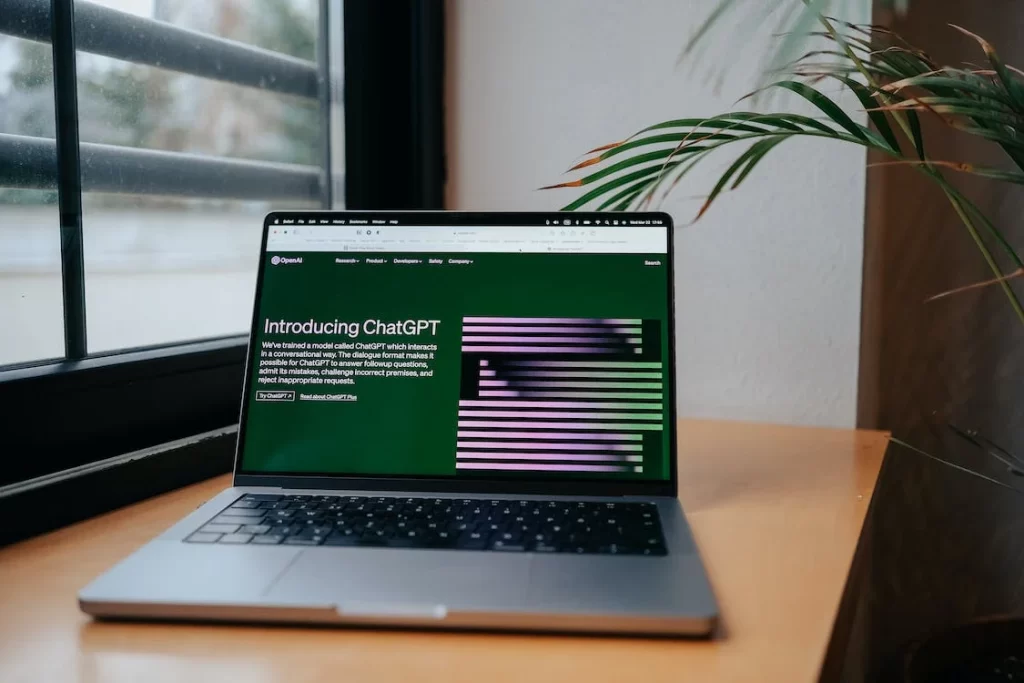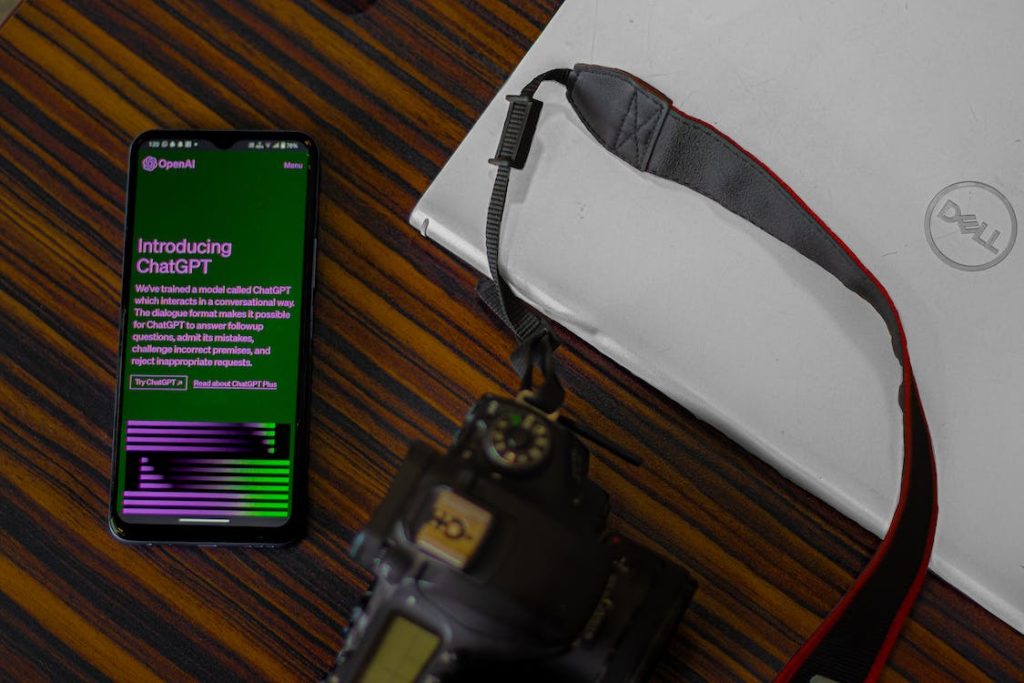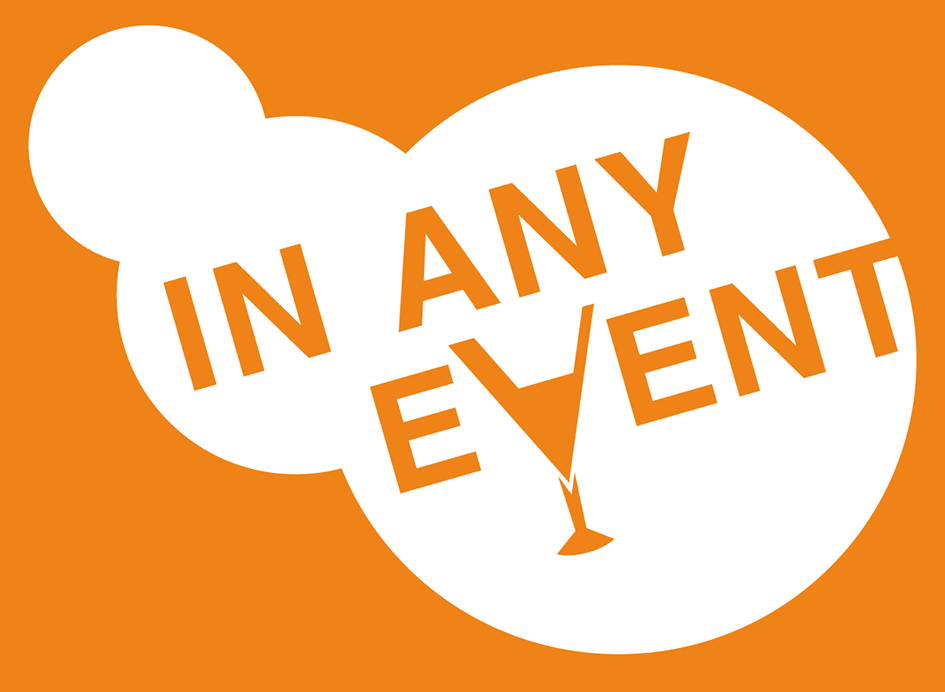In today’s fast-paced world, event planning and marketing have become increasingly complex. To succeed in this competitive landscape, event professionals need innovative tools to streamline their workflows and engage their target audience effectively. Enter ChatGPT, an AI-powered assistant that is transforming the way events are planned, marketed, and executed. In this article, we will explore the various ways ChatGPT can assist event planners and marketers, revolutionizing the industry and driving success.
Data-Driven Insights:
One of the key advantages of ChatGPT is its ability to process and analyze large amounts of data. By leveraging this power, event professionals can gain valuable insights into their target audience, industry trends, and competitor strategies. ChatGPT can help analyze attendee demographics, preferences, and behavior patterns, allowing event planners to tailor their marketing strategies and create personalized experiences. Additionally, ChatGPT can monitor social media platforms, online forums, and industry websites to track emerging trends, ensuring that events stay ahead of the curve.
Personalized Attendee Experiences:
Creating personalized experiences for attendees is crucial for event success. ChatGPT can assist in this regard by providing tailored recommendations and information. By interacting with attendees through chatbots powered by ChatGPT, event organizers can offer personalized event agendas, session recommendations, and networking opportunities based on individual preferences and goals. This enhances the attendee experience, increases engagement, and fosters a sense of belonging.
Intelligent Content Creation:
Content creation plays a pivotal role in event marketing. ChatGPT can act as a valuable content creation tool, helping event professionals generate engaging and informative content. Whether it’s crafting event descriptions, blog posts, social media updates, or email campaigns, ChatGPT can provide creative ideas, proofreading, and assistance in fine-tuning the messaging to resonate with the target audience. This saves time and ensures that event marketing materials are compelling, consistent, and error-free.
Seamless Communication and Support:
Efficient communication is essential for successful event planning. ChatGPT can facilitate seamless communication by acting as a virtual assistant, answering frequently asked questions, providing event details, and assisting with registration processes. ChatGPT-powered chatbots can be integrated into event websites and mobile apps, allowing attendees to access information and receive support 24/7. This reduces the burden on event staff, improves attendee satisfaction, and enhances overall event organization.
Real-time Feedback and Analysis:
Feedback is invaluable for event improvement. ChatGPT can help collect real-time feedback and analyze attendee responses. By engaging attendees in post-event conversations, ChatGPT can gather insights, identify areas of improvement, and uncover new ideas for future events. This data-driven approach allows event planners to make informed decisions, refine their strategies, and deliver exceptional experiences that meet attendee expectations.
Predictive Analytics for Targeted Marketing:
ChatGPT’s predictive analytics capabilities enable event marketers to identify potential attendees, target specific demographics, and optimize their marketing efforts. By analyzing historical data and attendee behavior patterns, ChatGPT can help event organizers identify their most valuable leads, tailor marketing messages, and allocate resources more effectively. This data-driven approach increases the likelihood of attracting the right audience, maximizing event ROI, and driving long-term success.
ChatGPT is revolutionizing event planning and marketing by providing event professionals with an AI-powered assistant that enhances efficiency, personalization, and engagement. With its data-driven insights, intelligent content creation, seamless communication, and predictive analytics capabilities, ChatGPT empowers event organizers to create exceptional experiences, reach their target audience more effectively, and stay ahead of industry trends. By embracing this innovative technology, event professionals can unlock new possibilities, optimize their strategies, and elevate the success







